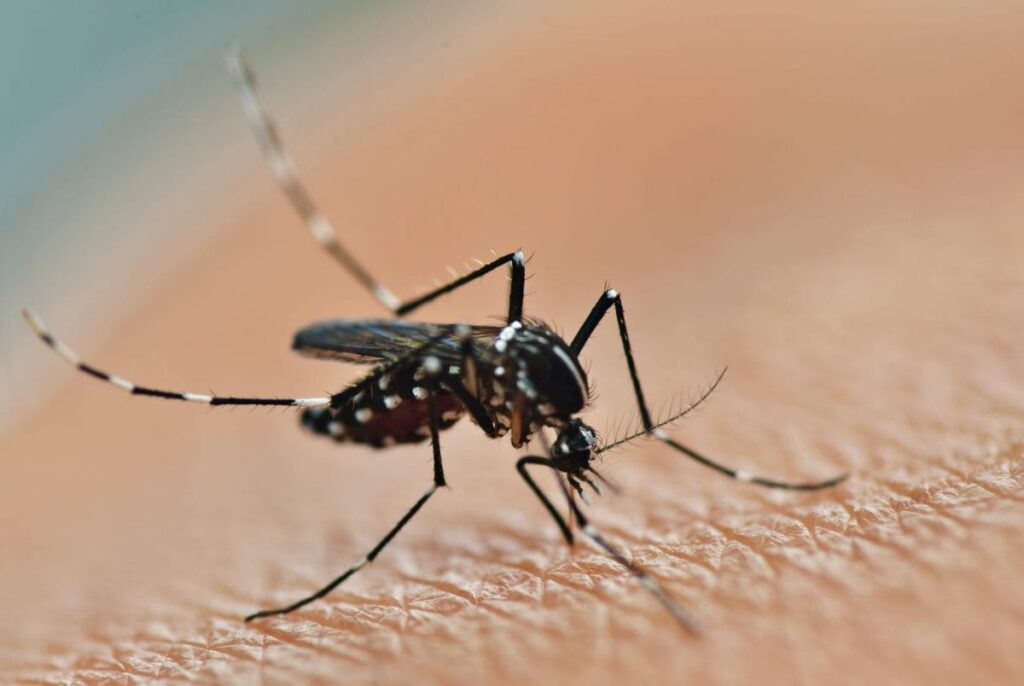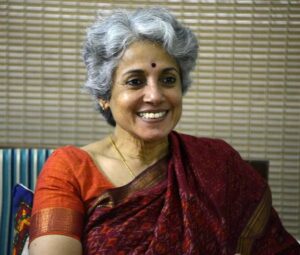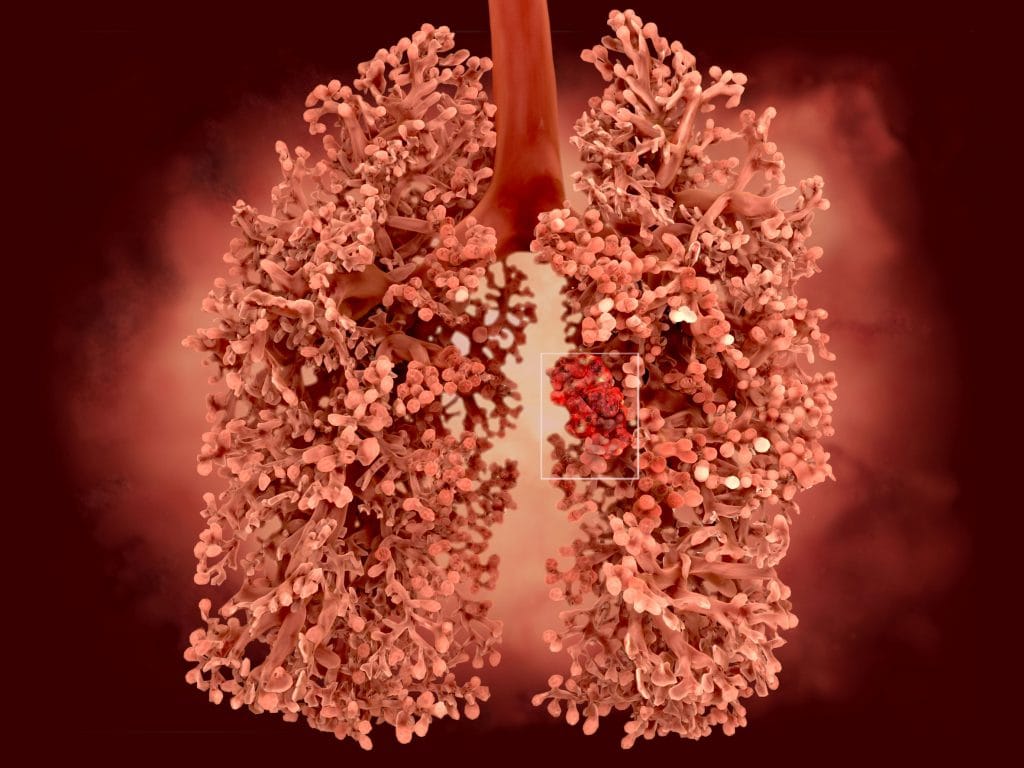Is India the epicentre of the TB crisis?
Drug resistant tuberculosis (TB) is on the rise, threatening to make an already deadly disease near untreatable. While India may be formulating plans to combat the disease, is it providing the financial backing to make them a possibility? TB is causing ever more concerning headlines. 10.4 million new cases of TB were noted by the …










